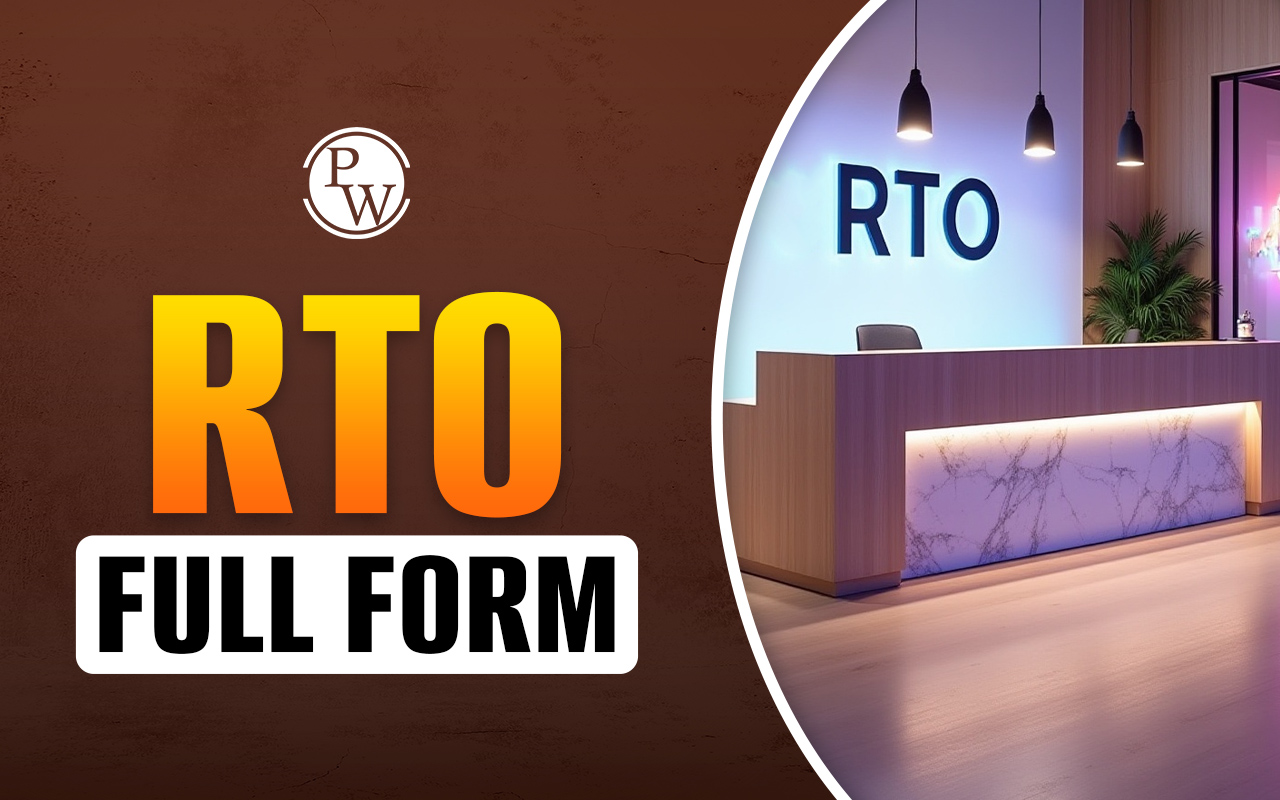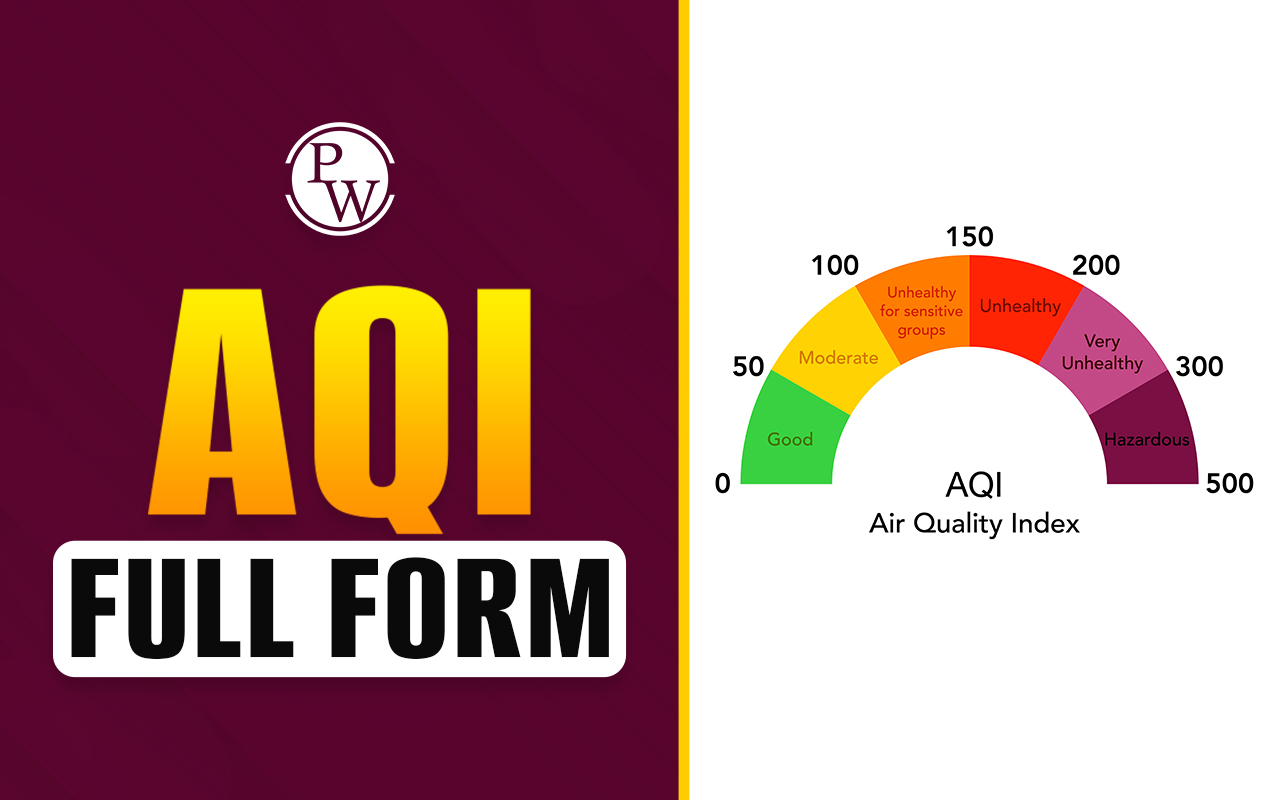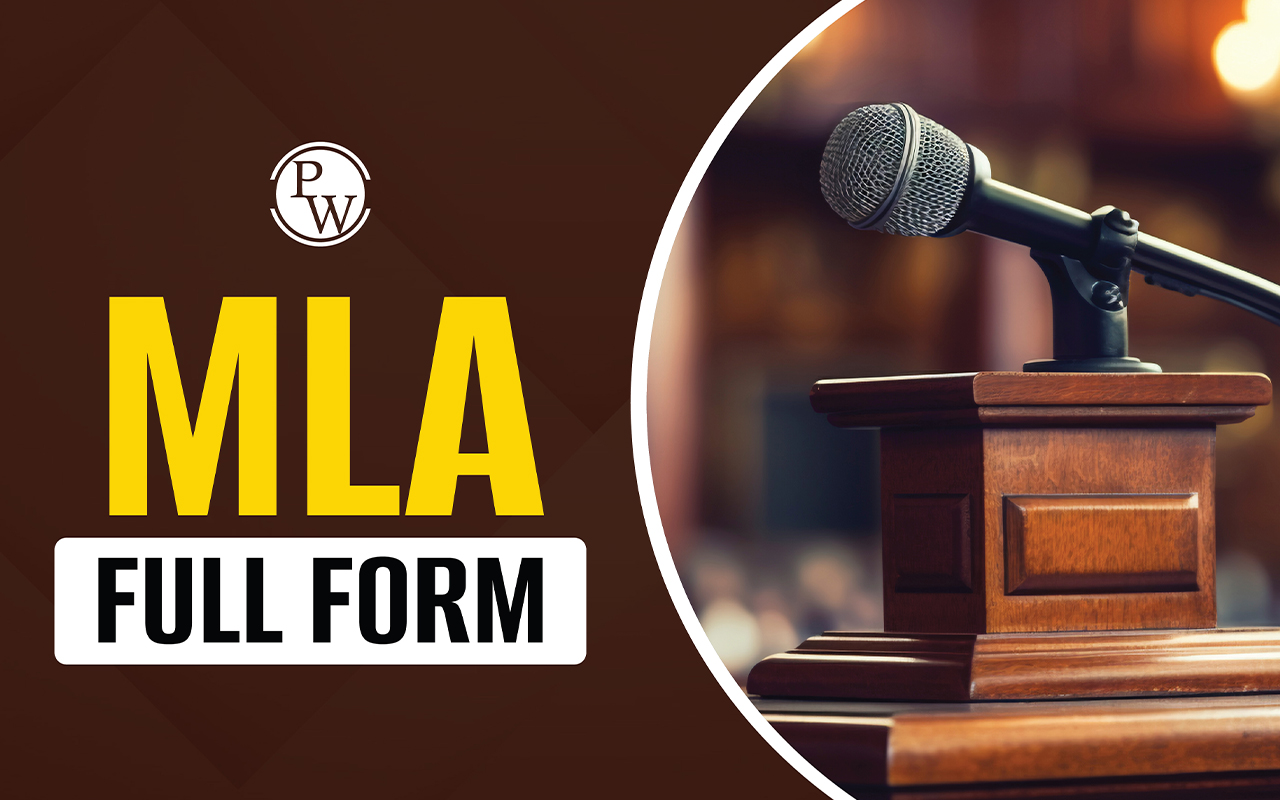

A Summative Assessment (SA)is a type of evaluation that takes place at the end of a course, term, or educational program. It helps to measure students' understanding and mastery of a subject.
It is designed to provide a comprehensive evaluation of students' skills, knowledge, and performance. Specially used to determine final grades or to assess overall progress.
Summative assessments are typically more formal and structured than formative assessments (FA). FA is used to provide ongoing feedback throughout a course.
Examples of summative assessments include final exams, research papers, and projects.
Advantages of SA
The benefits of summative assessments (SA) include:
- Determining final grades: SA provides a comprehensive evaluation of student learning. SA is used to determine final grades for a course, term, or educational program.
- Measuring mastery: SA is used to measure students' understanding and mastery of a subject. It allows educators to assess overall progress and identify areas where students need additional support.
- Providing accountability: SA holds students accountable for their learning and performance. It motivates them to prepare and perform to the best of their ability.
- Evaluating the effectiveness of instruction: SA provides valuable data to educators that can be used to improve instruction and support student success.
- Providing closure: SA provides a sense of closure. Closure gives students a clear understanding of their progress and areas of improvement.
In summary, SA provides an important evaluation of student learning. It helps educators and students determine final grades, measure mastery, and hold students accountable.
The Difference Between SA and FA
SA and FA are both methods of evaluating student learning and performance. There are some key differences between the two:
| SA | FA |
| SA is used to evaluate student learning at the end of a course, term, or educational program. | FA, on the other hand, is used to provide ongoing feedback and improve student learning throughout a course. |
| SA is usually more formal and structured. | FA is more informal and less structured. |
| SA is typically used to determine final grades. | FA is not used for grading purposes. |
| Summative Assessments assign grades that tell whether the student achieved the learning goal or not. | Formative Assessments try to figure out whether a student doing well or needs help by monitoring the learning process. |
| Example: Final Reports | Example: Homework Assignments |
Examples of SA
Examples of summative assessments (SA) include:
- Final exams: Comprehensive tests that measure student understanding and mastery of a subject.
- Research papers: Written assignments are also an example of SA. Written assignments that require students to demonstrate their understanding of a subject by conducting research and presenting their findings.
- Projects: Hands-on assignments are also a good example of SA. In which one needs to apply their knowledge and skills to create a final product.
- Portfolios: Collections of student work that demonstrate their progress and mastery of a subject over time.
- Standardized tests: Tests that measure student learning and performance. For example SAT or ACT for college admission.
- Presentations: Oral presentations that require students to demonstrate their understanding of a subject and present their findings to an audience.
- Final assignments: Written or practical assignments such as a final lab report or research project.
These are just a few examples of summative assessments. The specific form that a summative assessment takes may vary depending on the subject being taught and the goals of the assessment.
[wp-faq-schema title=" Full Form of SA FAQs" accordion=1]
Q1. What are the types of assessment?
Q2. Why is summative assessment effective?
Q3. What is another name for summative assessment?












